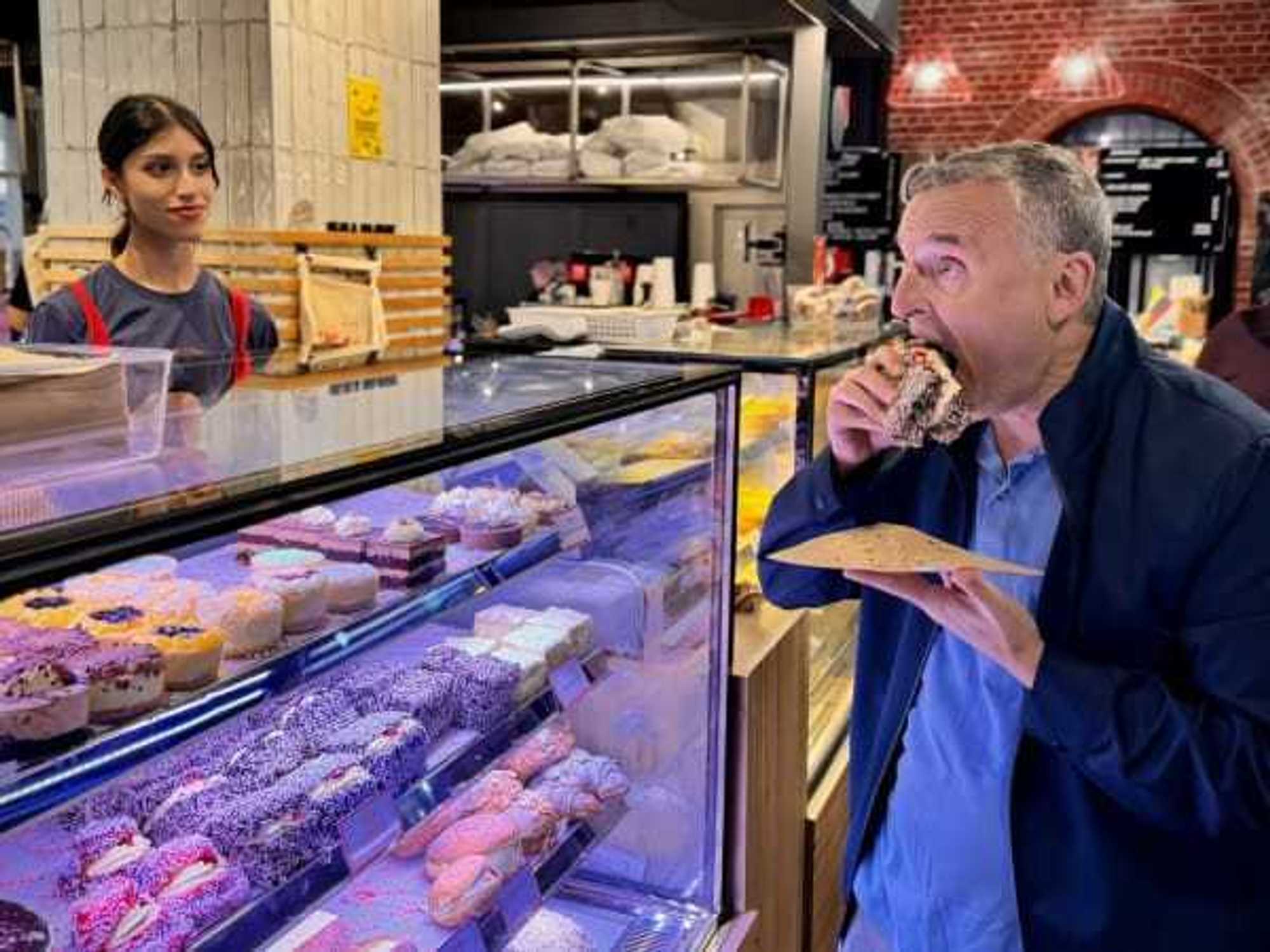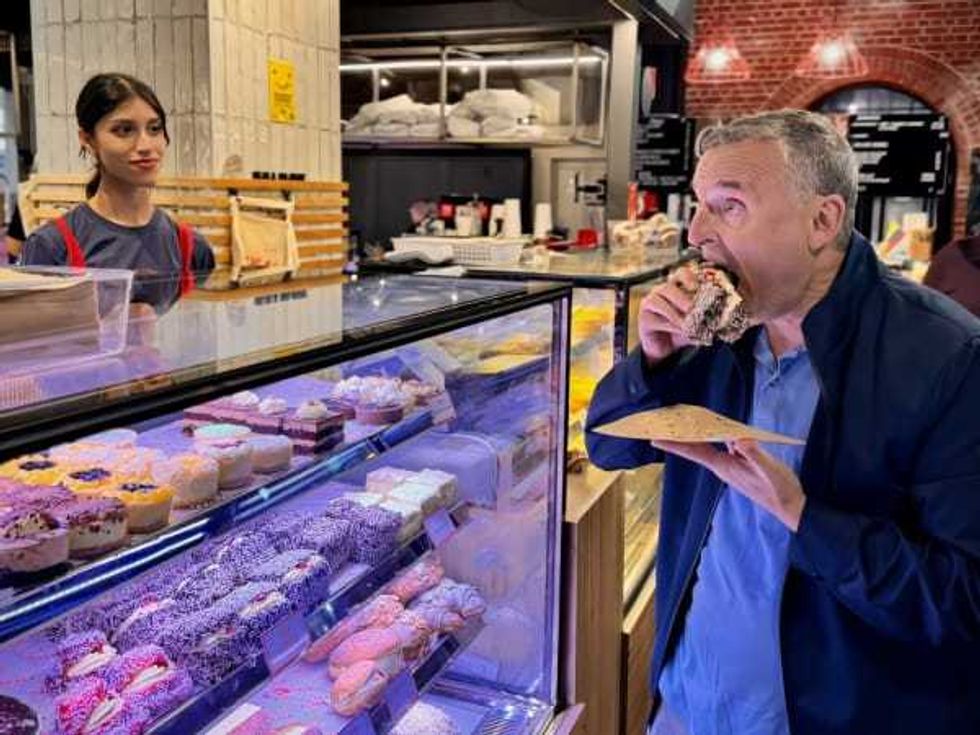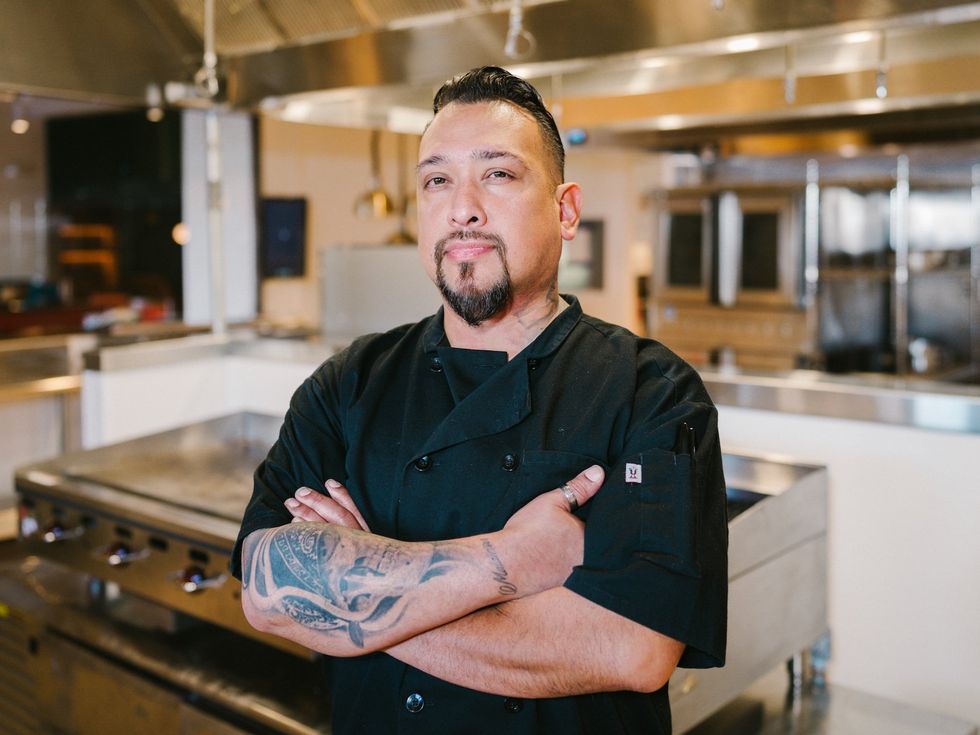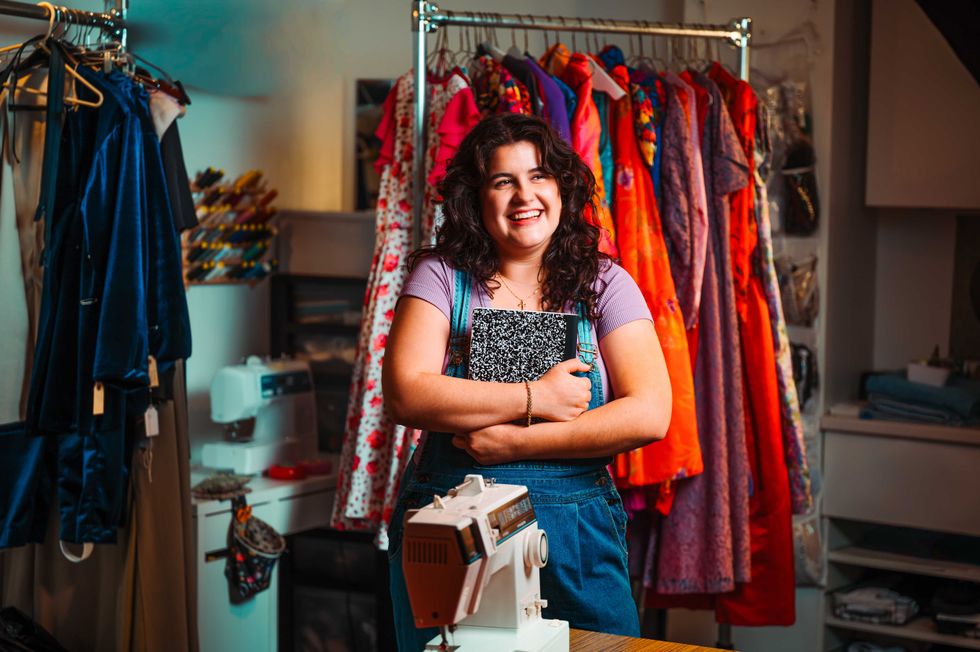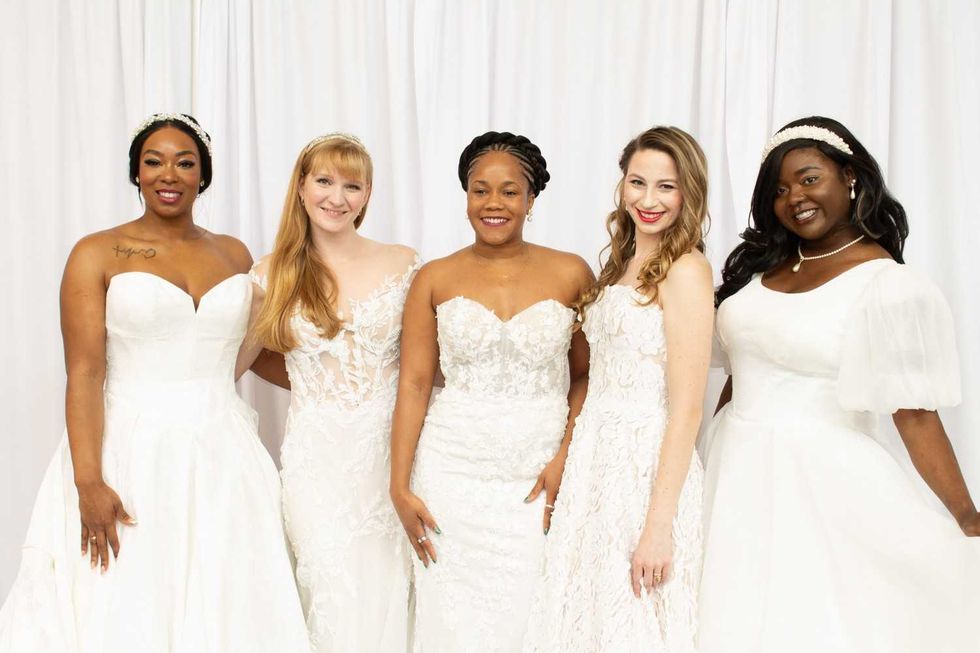In Houston Saturday night
Smooth jazz icon Dave Koz talks about "love mob," Kirk Whalum's genius & Grammychanges
Saxophonist and “smooth jazz” icon Dave Koz is touring his latest chart topping album Hello, Tomorrow. He plays Saturday at Houston’s House of Blues. Produced by Grammy winners John Burk and bassist extraordinaire Marcus Miller, Hello, Tomorrow’s subtext, stated by Koz in the album’s liner notes, is music’s ability to provide a “survival guide” in times of uncertainty and unprecedented change.
The tracks feature an impressive cast of jazz, fusion, and R&B luminaries, trumpeter Herb Alpert, drummer Omar Hakim, guitarist Lee Ritenour, percussionist Shelia E. and many, many more. Among the tracks, “Think Big” pays tribute to New Orleans’ second line and collective improvisation tradition. “When Will I Know For Sure” is a mid-tempo “mantra-like” funk number with some lovely phrasing from Koz on soprano and Boney James on tenor saxophone.
And Koz holds it down as a vocalist in his gentle yet emotive rendition of the Burt Bacharach classic “This Guy’s In Love With You.” On June 5th, more than 200 people of all orientations gathered as a “love mob” in Ventura, Calif., to appear in Koz’s video for the song, openly expressing their affection for one another and showing support for equal marriage rights. The video features Koz, who came out as a gay man publicly in 2004, singing while couples of hug, kiss and hold hands, giving the song’s lyrics a new contemporary spin.
CultureMap: How did the “love mob” video shoot go?
Dave Koz: Thank you for asking. To be honest with you, it was like nothing I’d ever attempted and I was a little bit unsure how it was all going to work out. But, the viral marketing brought us a crowd of all makes and sizes, all showing up to support marriage equality, or I should say, the right to love who you love. I wasn’t sure what was going to happen or who was going to show up but sure enough, we had homeless people, we had drag queens, a gay couple who had been together for 40 years, lesbians, young straight couples, best friends — about 200 people total. NBC picked up the story…so it seems like there’s a natural “buzz” about the event and we might try assembling “love mobs” in different parts of the country! I had the time of my life.
CM: That track is one of my favorites on Hello, Tomorrow. Have fans or people in the industry surprise by the fact that you can sing?
DK: I heard that people didn’t think it was me (singing)! I’ve barely sung and you’re not gonna hear a vocal album from me in the future! But that song really lends itself to someone who is not a Pavarotti…if you sing it too confidently, (the song) doesn’t have an authentic quality. That’s the way Herb Alpert did it and why people, particularly women fell in love with the song, this guy simply saying, “This is how I feel.”
CM: I understand the musicians on Hello, Tomorrow, were tracked as an ensemble live in the studio. Was that a new experience for you?
DK: This was in stark contrast compared to the way I’ve made records since the late '80s where you start with a drum track and you kind of build up the track. This was kind of “old school” where you hand select world class musicians and track the music live in the studio. And you can hear all kinds of subtleties. All kinds of conversational moments if you really listen to the album.
CM: Texas is home to some incredible jazz and blues musicians. When traveling the U.S., are there parts of the country where you found yourself surprised by the quality of the local talent?
DK: I think the really exciting music is being made in cities other than L.A. and New York. (Former Houston resident) Kirk Whalum is, in my opinion, one of the best living tenor saxophone players and he kind of grew up in the lineage of the “Texas tenor” sound…maybe it’s the bigness of it all! But there’s these pockets all over the country where great music happens. Travel is a great way to open your brain and soul, and let that music find its way inside.
CM: As a young man, how did you learn to play saxophone?
DK: Seventh grade, Mrs. Brown, Beginning Winds. I was an awkward kid (and) playing the saxophone allowed me to come out of my shell. It was a great socialization tool, it was loud! I was kind of a shy kid, dealing with a lot of foreign emotions, growing up gay…the saxophone was a savior to me.
My older brother – he gave me my first job once I got good enough. He had a wedding band, so every weekend I was playing with really good musicians, never thinking I would make it my life’s work!
CM: How do you feel about the recent decision by the National Academy of Recording Arts and Sciences to consolidate or eliminate several Grammy categories including the “Latin Jazz” category? (Dave Koz is an ongoing member of the Board of Governors for the Grammy Foundation.)
DK: Nobody likes change. Especially when you are on the short end of the stick. One of the categories where my music fits – “Pop Instrumental” – was taken away. So I understand (the controversy) but what I focus on is that the Grammy still matters. That trophy still matters an awful lot to people. And that’s a good thing.
This is a work in progress. I think that the NARAS felt it was bloated with categories and changes had to be made to keep the Grammys relevant to the future. But it’s not locked in. There will be changes, I can guarantee you…(The controversy) created a lot of dialogue, and we’re going to see the Grammy categories morph in the future into something more equitable.
CM: What can people expect at your House of Blues show?
DK: I have an incredible band (keyboardist Brian Simpson, guitarist Randy Jacobs, bassist Andre Berry, and drummer Jay Williams). Live we create new arrangements, different mash-ups, sort of taking (music from) the 11 albums and going into new territory. People at the House of Blues show can expect a lot of material from Hello, Tomorrow, hits from the past, cover tunes, and us going wherever the music takes us.
